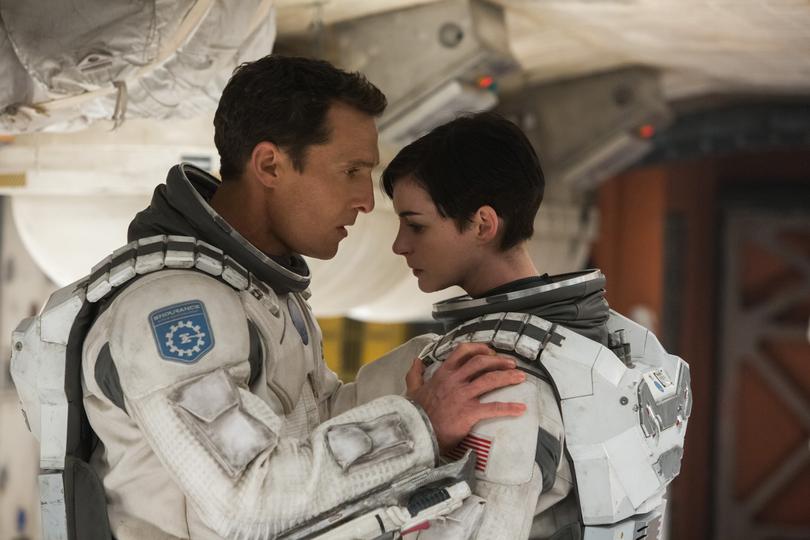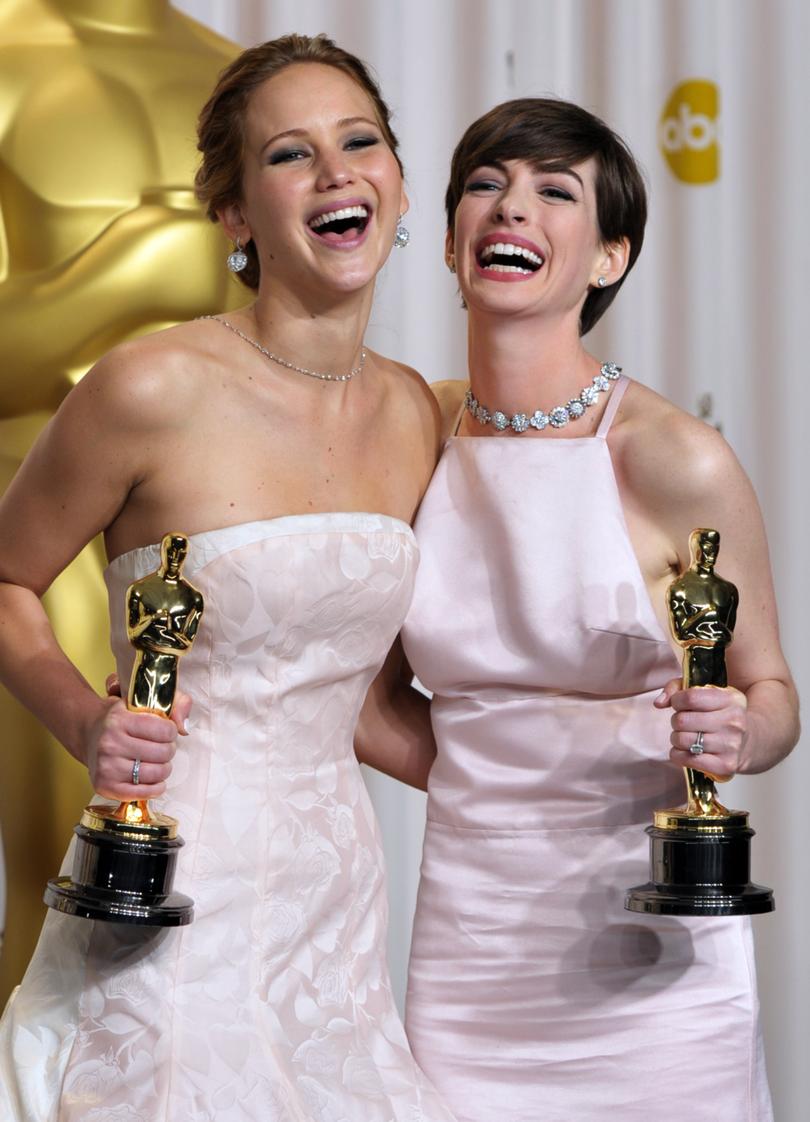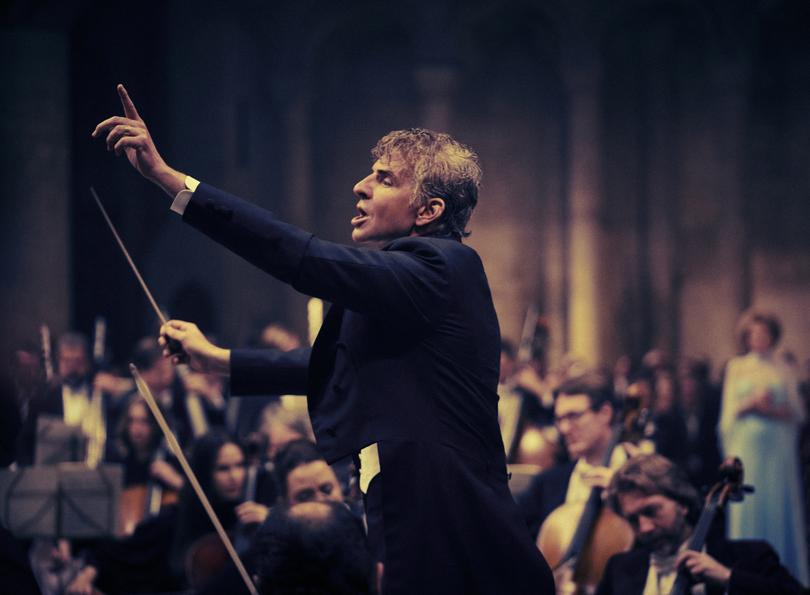Anne Hathaway reveals the pain of Hathahate internet pile-on and how Christopher Nolan saved her career
Anne Hathaway revealed her online brand had become so toxic, many in Hollywood didn’t want to go near her.

Despite just winning an Oscar, Anne Hathaway’s shine was tarnished.
It was 2013 and “Hathahate” was in full swing.
Her biggest “crime” was that she cared, and dared be honest about wanting to succeed. Her Oscars acceptance speech for Les Miserables, the earnest declaration that “it came true” was the flashpoint for all the snark and nastiness that swirled around her.
Sign up to The Nightly's newsletters.
Get the first look at the digital newspaper, curated daily stories and breaking headlines delivered to your inbox.
By continuing you agree to our Terms and Privacy Policy.And it had a professional cost as well as a personal cost. “A lot of people wouldn’t give me roles because they were so concerned about how toxic my identity had become online,” Hathaway revealed to Vanity Fair.

But there was at least one person who wasn’t fazed by the “Hathahate”, and that was Christopher Nolan, who Hathaway called “an angel”.
“(He) did not care about that and gave me one of the most beautiful roles I’ve had in one of the best films that I’ve been a part of.
“I don’t know if he knew that he was backing me at the time, but it had that effect. And my career did not lose momentum the way it could have if he hadn’t backed me.”
The movie was Interstellar and the role was Amelia Brand, a NASA scientist on a mission to discover a habitable planet after humans’ continued existence on Earth becomes untenable due to famine. Hathaway and Nolan had previously worked together on The Dark Knight Returns, the final chapter in his Batman trilogy. She had played Selena Kyle ie Catwoman.
Humiliation is such a rough thing to go through. The key is to not let it close you down.
Even though Hathaway had, up to that point, been in the business for over a decade since her breakout role in The Princess Diaries, proved her range in performances which varied from the dramatic intensity of Rachel Getting Married to the comedic prowess of Bride Wars, as well as in the iconic Devil Wears Prada, the reason she was so good on screen became her downfall.
In Vanity Fair, she explained that she made a choice at the start of her career to not clothe herself in metaphorical protective armour because she wanted to be able to access her emotions to be a better actor.

Of course, when the Internet comes for you, you feel it more deeply.
“Humiliation is such a rough thing to go through,” she said. “The key is to not let it close you down. You have to stay bold, and it can be hard because they’re like, ‘If I stay safe, if I hug the middle, if I don’t draw too much attention to myself, it won’t hurt’.
“But if you want to do that, don’t be an actor. You’re a tightrope walker. You’re a daredevil. You’re asking people to invest their time and their money and their attention and their care into you. So you have to give them something worth all of those things.
“And if it’s not costing you anything, what are you really offering?”
Hathaway is not the only celebrity to be targeted for “wanting it too much”. This Oscars season just past, a narrative was formed around Bradley Cooper that the multi-hyphenate was trying too hard to win his first statuette from 12 nominations.
Cooper’s Leonard Bernstein biopic Maestro was nominated for seven gongs, including three for him in best picture, actor and original screenplay.

There’s an entire machinery behind winning an Oscar with studios, actors and filmmakers often engaged in full campaign mode. They attend events, do high-profile interviews and press the flesh.
Cooper’s campaign was tagged as, in a satirical take in The New Yorker, “Try-Hard Who Wants an Oscar So Badly That We Should Probably Just Give Him One to Prevent a Psychotic Break”. Or, in another descriptor that has also been thrown at Hathaway, he has “theatre kid energy”.
The difference with Cooper, apart from the obvious gender dynamics (backlash to Cooper is much less intense than “Hathahate”), is that as a filmmaker, he can always keep writing roles for himself.

